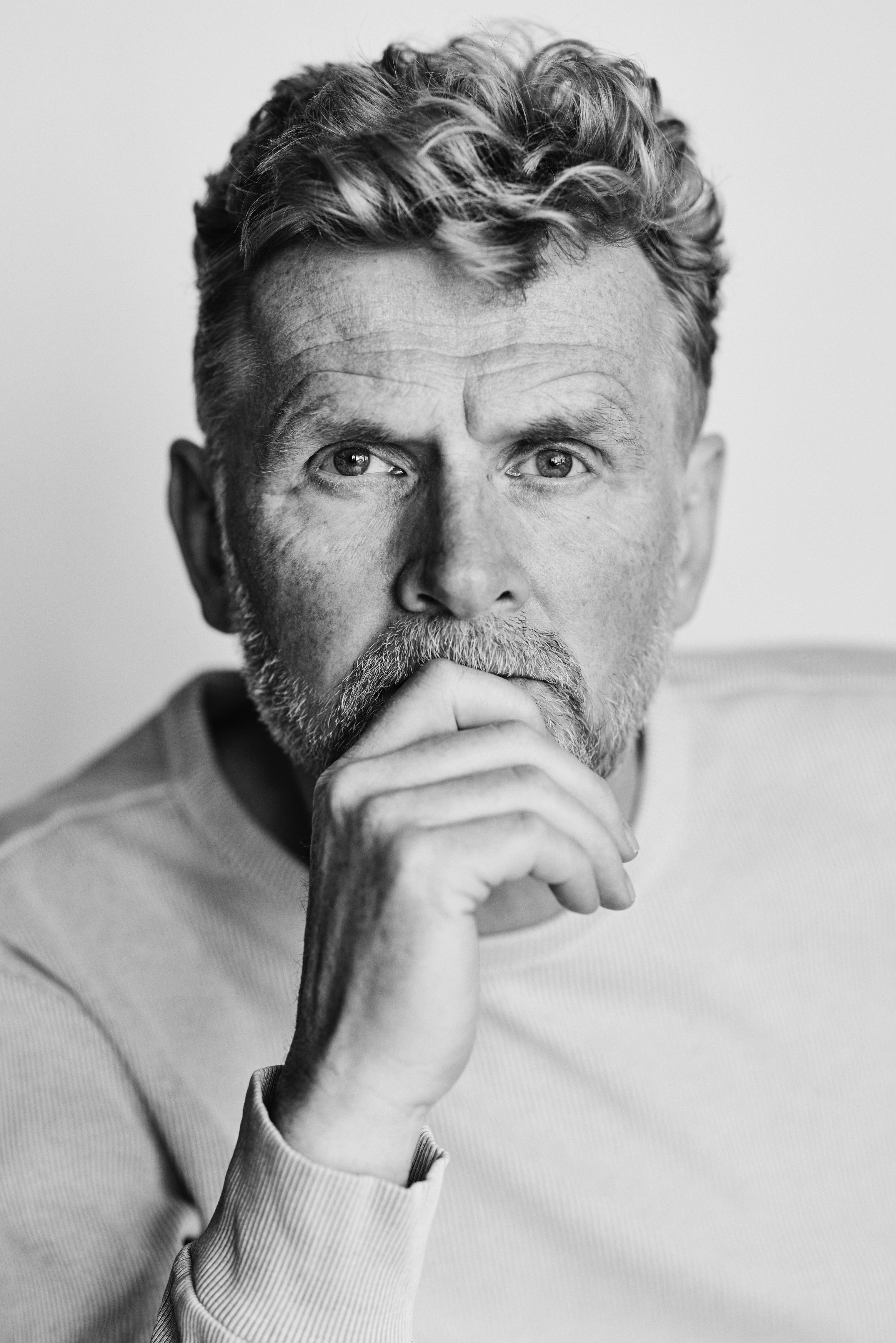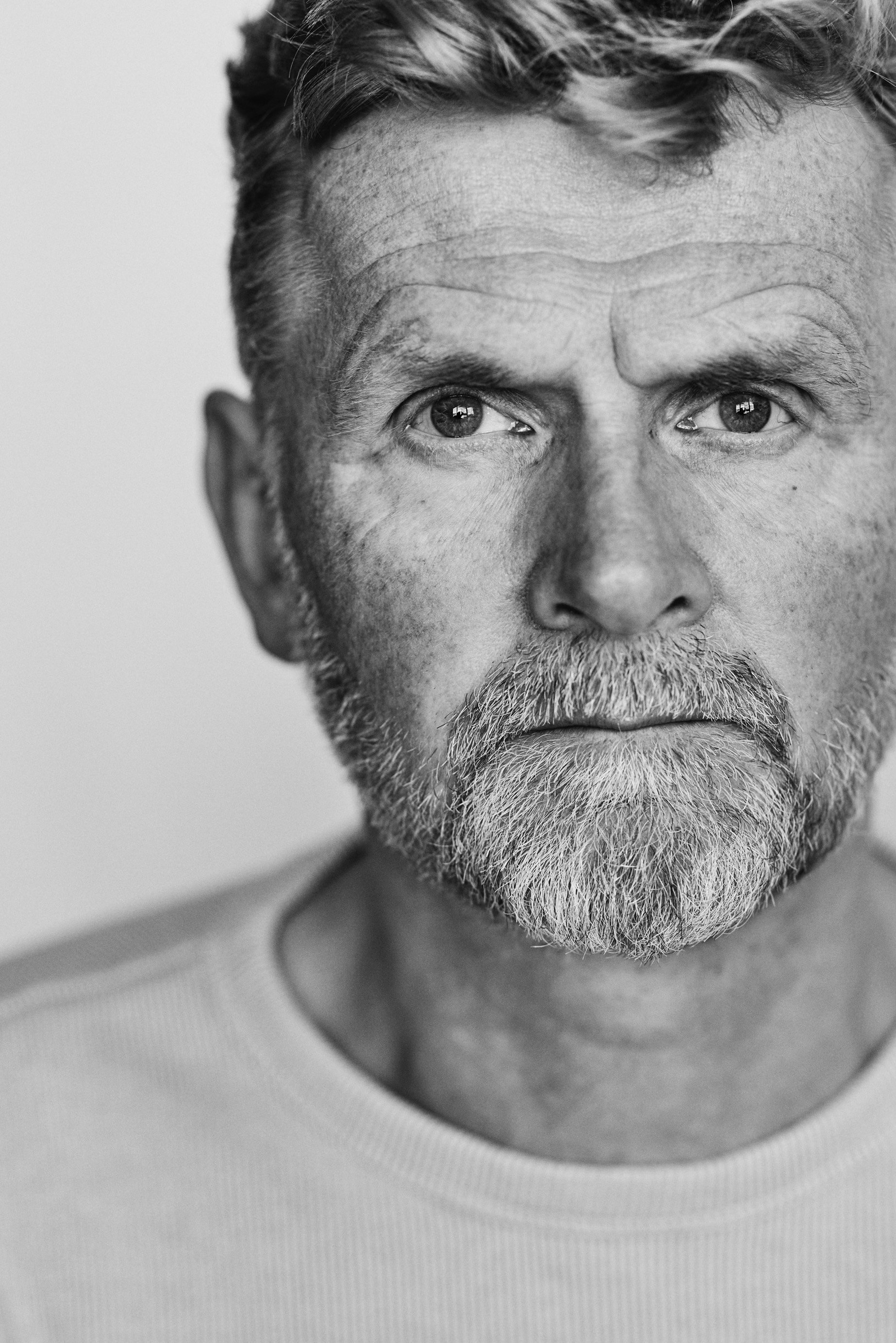
Need a mirror?
I am René Bergmann. Maybe I'm your coach. If you need a good mirror, I can provide it for you. I work with people who have personal questions from their managerial responsibilities. What is good leadership? And how do I do that? What do I find difficult? What can I do, and what can I not do at all… My job as a coach is to teach you to look at yourself, and from there to view your leadership and the world around you. I think I can, because I've done it myself. And if I can do it, so can you… How do you do that then? That can be done in many ways.
Authenticity -
Who am I -
Who is the other -
Authenticity - Who am I - Who is the other -
Do you recognize yourself in the following themes?
Authenticity!
Don't make something that isn't there. I started as an actor. The first thing you learn: who am I? what do I find important? Then you learn how to use and shape it. If you can connect with what is important to you, you become authentic, or your own. As a director I encourage actors to work from their individuality. In this way I learned to lead a creative process from my own ideas, fed by the personal input of the actors.
As a coach I focus on people who bear responsibility and lead. Being authentic plays a major role in this. Authenticity ensures a powerful performance, a clear, honest message that no one can ignore and that invites others to do the same. You can learn to be clear and not do more than is necessary. And that starts with:
Who am I? Look in the mirror.
Daring to look at who you are is the basis of good leadership. Know what you can and cannot do. Knowing what you need and what you can do without if a toothache. If you know yourself well and you know what is going on inside you, then you know what to do in the moments when you are being looked at for a direction, or an answer.
Then you can stand for what is important to you, even when it is difficult. If you know yourself well, where your weaknesses and strengths lie, you can also look better and work with the people around you, and there is a good chance that you also understand their weaknesses and strengths better. If you show understanding for the other, respect and connection are created. You can get to know yourself. And what else?
Who is the other? I'm curious.
To really connect with someone else, you have to be curious. If you can put your own assumptions aside, there is room to see the other person. Asking the right questions is the way to find out where someone else stands. What is important to someone else. I've had to learn how powerful good questioning is. You can learn that too. That an answer often invites a new question. Because we rarely talk about the same thing. And the only way to learn to understand each other is to ask questions, out of curiosity about the other, and out of the will to understand each other. And what else?

We formulate a clear coaching question with which we start 5 to 8 conversations.You as a coachee are responsible yourself.I give assignments and feedback, and I make sure that the goal of the coaching remains in the picture.I use proven effective coaching techniques.I work on self-awareness, personal agility, personal effectiveness and coaching leadership
Which comes first?
The thought or the emotion? Emotions determine every form of behavior. We have a thought, it evokes an emotion, and that emotion determines how we behave. That behavior in turn evokes certain thoughts, for example in someone else, and as a result the emotion changes, and with it the behavior.
Most of the time we don't listen to our emotions. Sometimes we are not even aware that they are there and determine our behavior.
We put them away.
Self-awareness, becoming aware of which emotions present themselves, where they come from and what you can do with them, can be developed through self-reflection and self-examination. Guiding that process as a coach, that's my interest and my field of work.